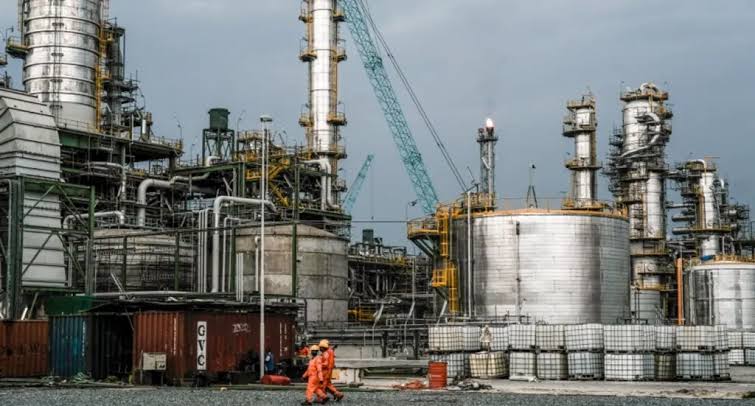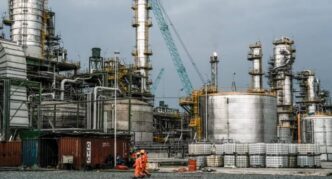The Federal Government has taken a decisive step to curb the illegal export of crude oil meant for domestic refineries.
Acting through the Nigerian Upstream Petroleum Regulatory Commission (NUPRC), the government has warned that crude designated for local refining must not be diverted to international markets.
This move comes as reports indicate that approximately 500,000 barrels per day, initially allocated for domestic refining, have been exported for quick foreign exchange profits.
To enforce compliance, the NUPRC has stated that it will deny export permits for such crude oil cargoes unless explicit approval is obtained from the commission’s Chief Executive.
At a recent meeting in Abuja, attended by over 50 key industry stakeholders, the ongoing inconsistencies in the Domestic Crude Supply Obligation (DCSO) policy were extensively debated. Refiners accused producers of failing to meet supply agreements, forcing them to seek alternative sources for crude oil.
However, producers countered that refiners rarely adhere to commercial and operational terms, making external sales a necessity to avoid disruptions.
Despite these disagreements, all parties acknowledged the need for regulatory measures to ensure the proper implementation of the policy.
The NUPRC has urged both refiners and producers to follow international best practices and warned against any further breaches.

In a letter dated February 2, 2025, NUPRC Chief Executive, Engr. Gbenga Komolafe, reiterated that any diversion of crude meant for local refineries is a violation of the country’s petroleum laws.
“Producers must not vary the conditions stated in the DCSO policy without obtaining express permission from the chief executive before selling crude outside the agreed framework,” he emphasized.
Referencing Section 109 of the Petroleum Industry Act (PIA) 2021, Komolafe highlighted that the law was enacted to ensure a stable supply of crude to local refineries and bolster national energy security.
He further stated that strict enforcement of the policy would now be a priority to prevent further violations.
To strengthen compliance, the regulator has implemented significant measures, including the introduction of the Production Curtailment and Domestic Crude Oil Supply Obligation Regulation 2023 and the establishment of a structured framework to guide the DCSO process.
These regulatory steps are designed to eliminate loopholes and maintain a steady flow of crude oil to refineries within the country.
The NUPRC has made it clear that any entity found violating the new directives will face stringent penalties.
This crackdown signals the government’s commitment to prioritizing local refining operations and preventing further disruptions in the oil sector.











